US considering slapping sanctions on China to deter an invasion of Taipei: Report
The United States is reportedly considering slapping sanctions on China to deter Beijing from potentially taking military action against Chinese Taipei in the future.
Reuters on Tuesday cited sources familiar with the matter as saying that the US and the European Union (EU) were both doing feasibility studies about the potential of imposing sanctions against China to deter it from taking Taipei by force.
The idea is to take sanctions beyond the measures already taken in the West to restrict some trade and investment with China in sensitive technologies like computer chips and telecoms equipment, it said.
Beijing has said that Taipei must be reunified with mainland China, by force if necessary.
“The potential imposition of sanctions on China is a far more complex exercise than sanctions on Russia, given US and allies’ extensive entanglement with the Chinese economy,” Nazak Nikakhtar, a former senior US Commerce Department official, was quoted as saying.
Meanwhile, US lawmakers have also been considering the idea of making changes to the United States’ declared “one China” policy, Global Times reported on Tuesday.
Under the internationally-approved “one-China” policy, nearly all countries, including the US, recognize Beijing’s sovereignty over Taipei. However, in violation of its own stated policy, and in an attempt to unnerve Beijing, Washington continues to court the secessionist island, engaging in diplomatic contact with its anti-China government and supplying it with massive shipments of arms.
Global Times reported that the US Senate Committee on Foreign Relations was preparing a draft of the Taiwan Policy Act of 2022, which is described as the most comprehensive restructuring of US policy toward the wayward island since the Taiwan Relations Act of 1979.
The Chinese paper cited experts on the matter warning that if the controversial bill gets passed, it will lead to the cancellation of the US’ one-China policy, and that China will take strong countermeasures.
The White House is well aware of the dire consequences if the draft is passed, said Xin Qiang, director of the Taiwan studies center with the Shanghai-based Fudan University and deputy head of the university’s US studies center. However, the White House’s power to persuade lawmakers against passing the bill is not as strong as one might have thought, Xin added.
The expert cited US House Speaker Nancy Pelosi’s provocative visit to Taipei as another example of the disagreement between the White House and Congress over Taipei policy. Before Pelosi’s visit, US President Joe Biden had privately advised against the trip.
Chinese officials have vowed to take punitive countermeasures against those who “offend” China’s sovereignty.
After Pelosi's visit, Chinese Foreign Minister Wang Yi said last month that secessionist forces in Taipei, represented by president Tsai Ing-wen of the island, had betrayed the righteousness of the great national cause.
Exclusive: China voices support for Iran’s stability amid US threats
Border guards seize weapons, ammo cache from terrorists in southeast Iran
VIDEO | Brazil: Uba River floods destroy bridge and buildings, leave people missing
Iran-US negotiators take break after three hours of ‘very serious’ talks
VIDEO | ‘Clear stance’: Iran reiterates its nuclear rights as per NPT, intl. law
Press group: Israel accountable for two-thirds of 129 journalist fatalities in 2025
Iran summons Dutch ambassador to protest diplomat’s smuggling attempt
Iran’s rejection of nuclear weapons based on religious beliefs: Pezeshkian


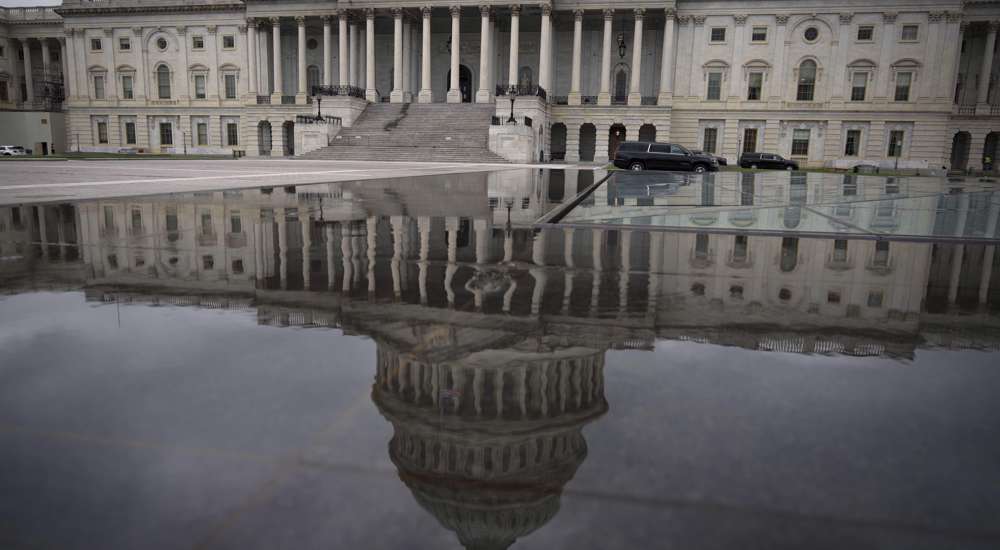
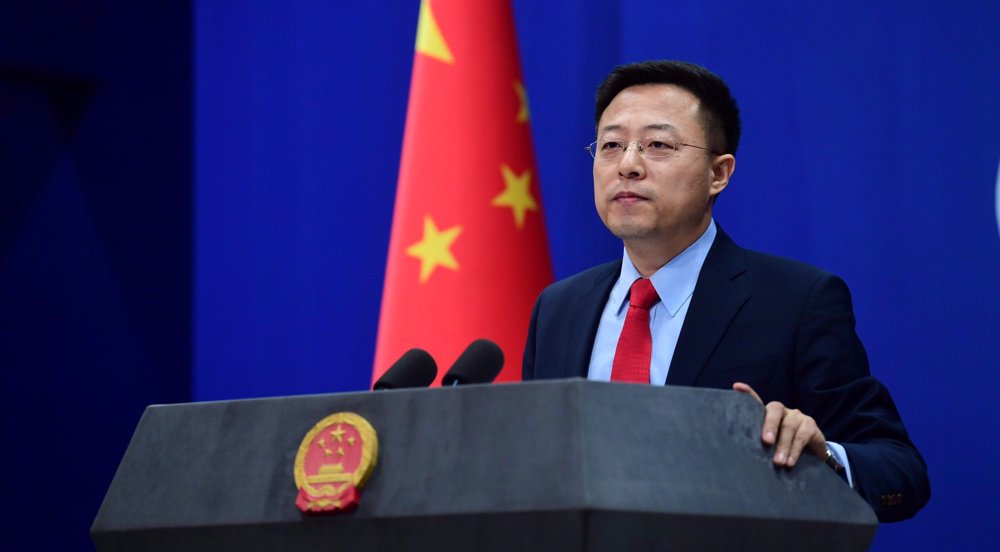


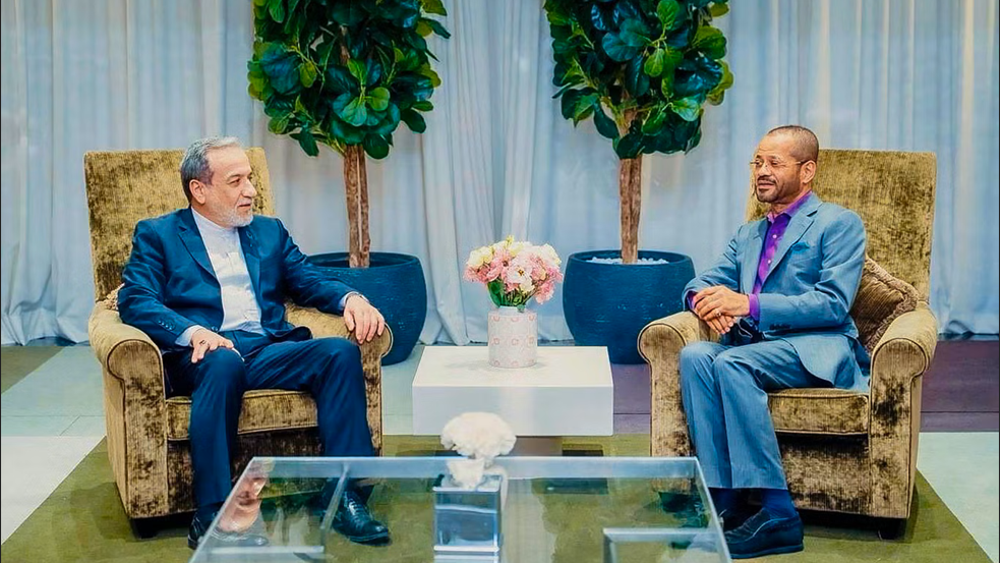

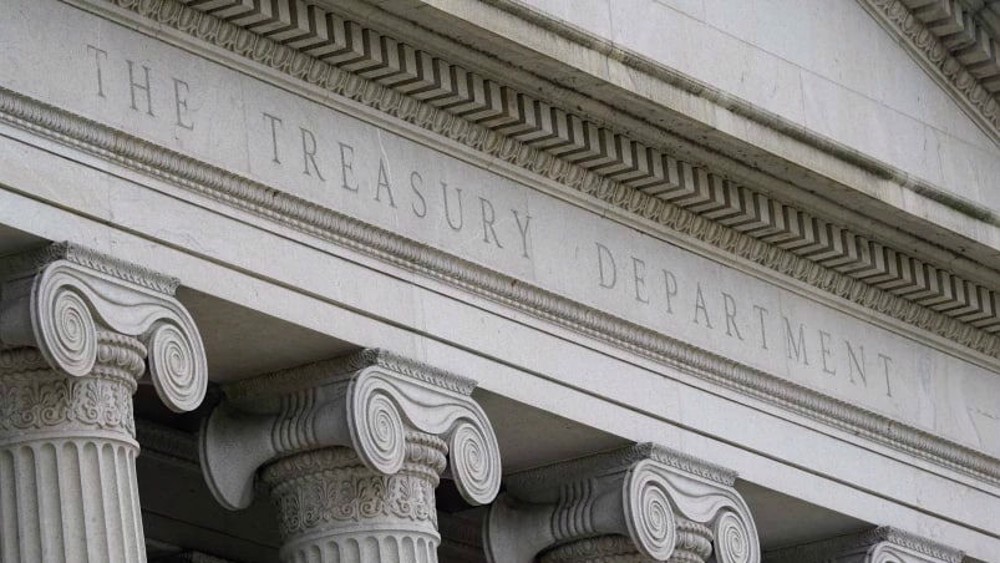



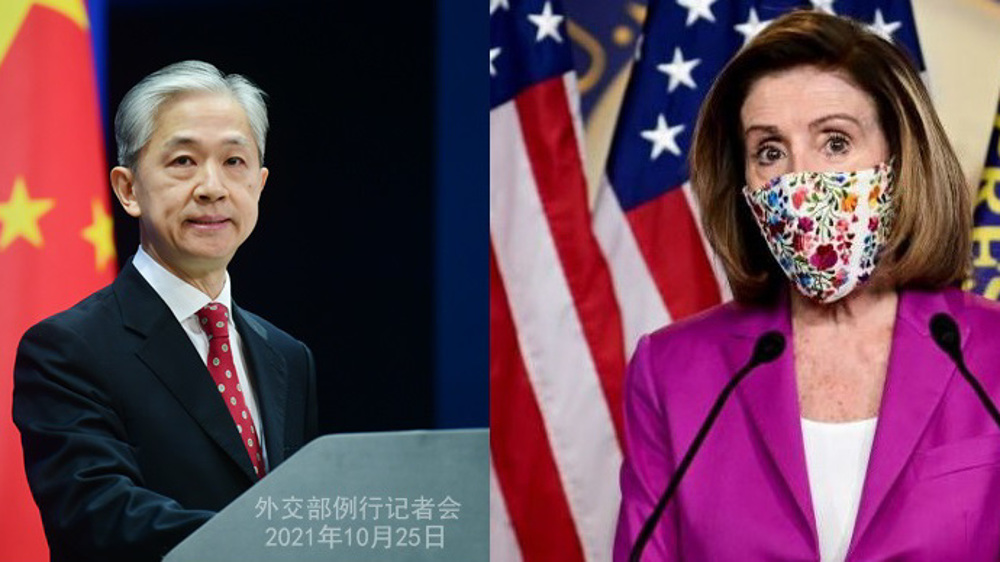

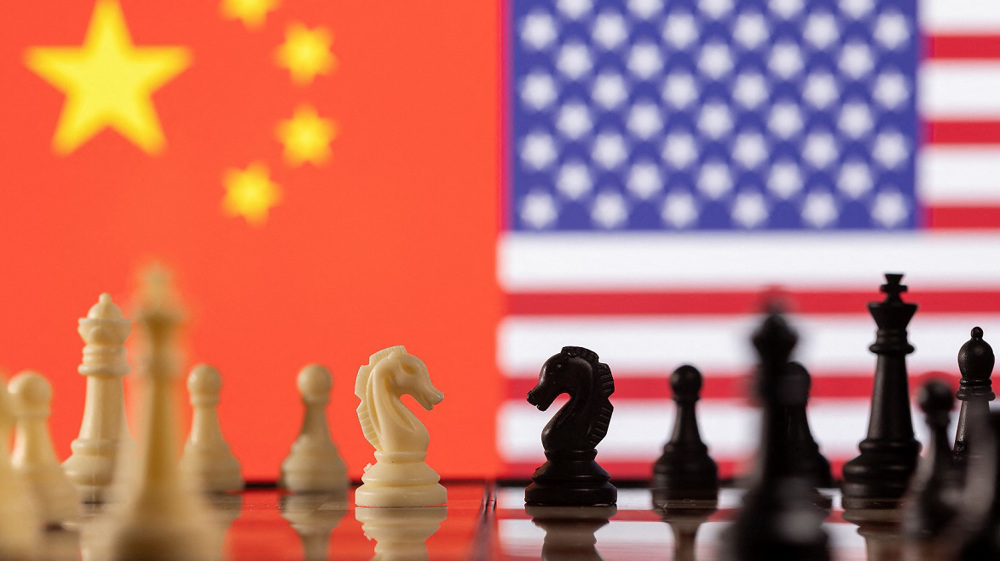
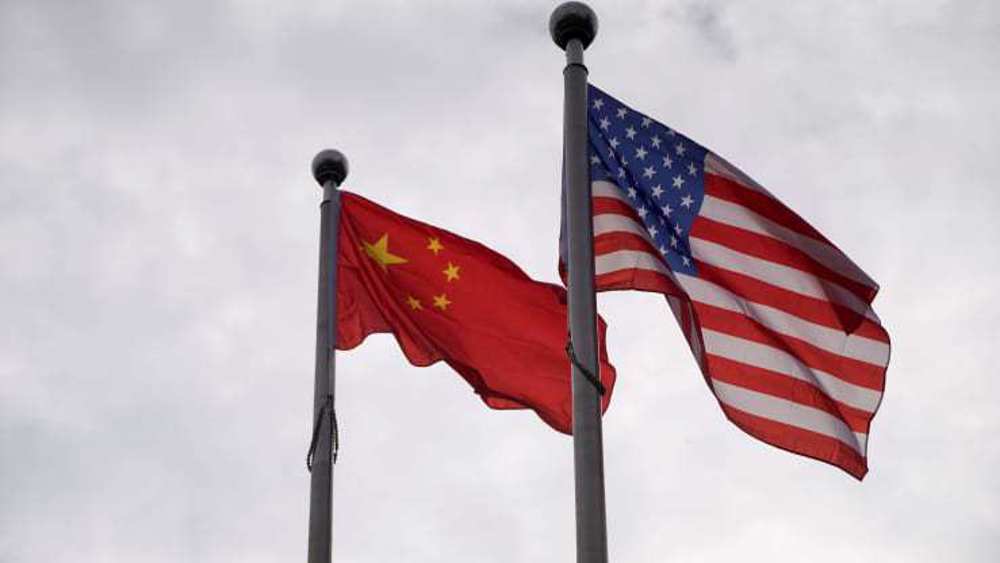

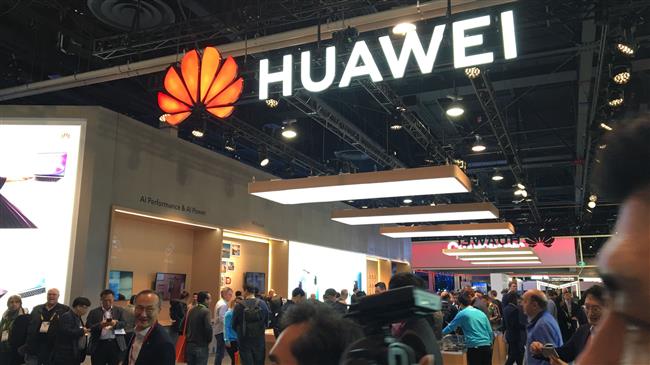

 This makes it easy to access the Press TV website
This makes it easy to access the Press TV website